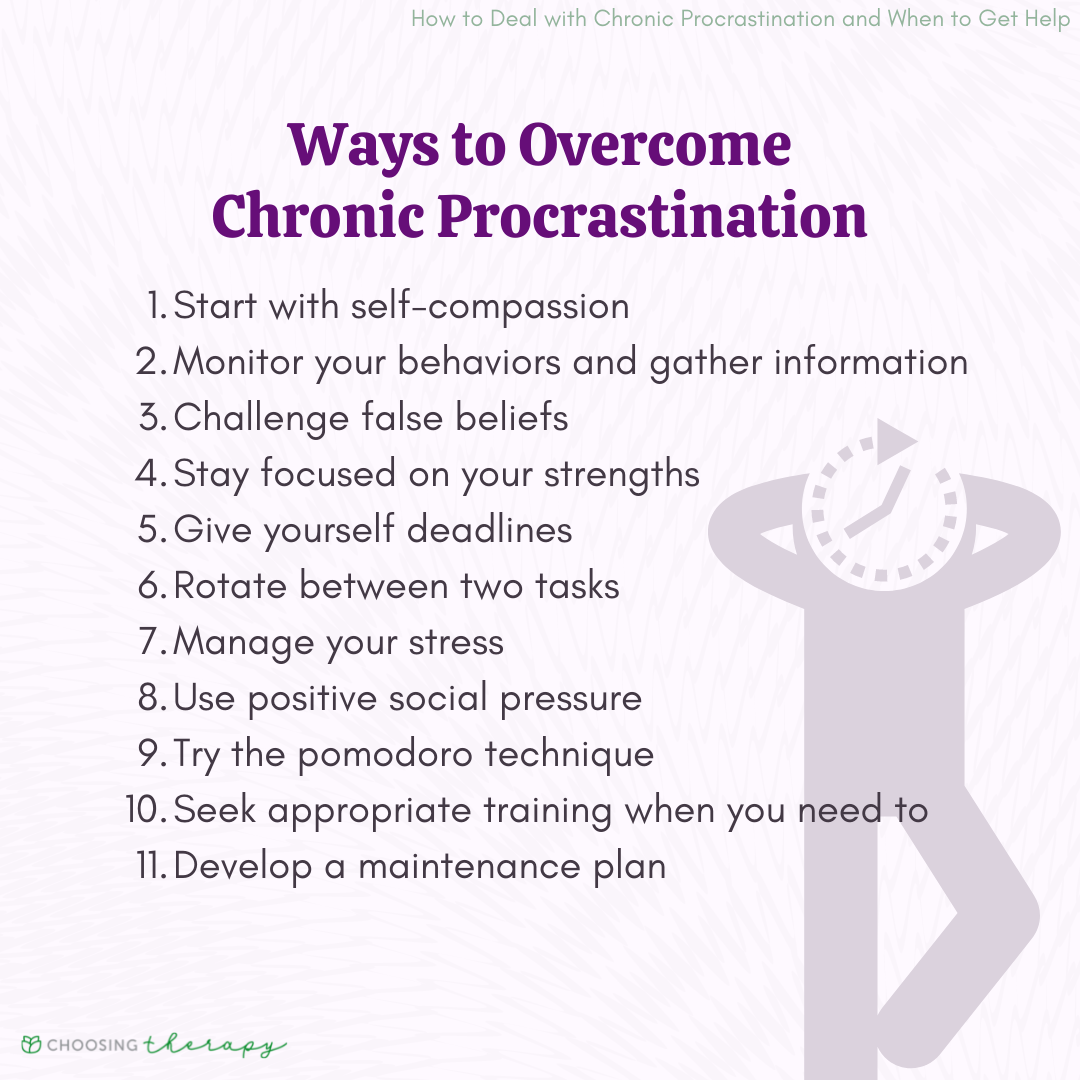Breaking Down the Impact of Procrastination, Emotional Dependency, and Impostor Syndrome
Breaking Down the Impact of Procrastination, Emotional Dependency, and Impostor Syndrome
Blog Article
Throughout our routines, we often encounter psychological obstacles that affect our o que é sindrome do impostor well-being simdrome do impostor and success. Among the most common issues are procrastination, emotional dependency, and impostor syndrome. They can negatively influence our achievements, but addressing them can lead to significant personal improvement.
In this article, you’ll discover what these issues are, why they occur, and practical ways to address them. By gaining this knowledge, you can enhance your mental clarity and live a more fulfilling life.
What is Procrastination?
Procrastination refers to the act of delaying tasks that require immediate attention. This behavior is often linked to emotional and psychological factors.

Studies reveal that procrastination stems from how our minds prioritize instant gratification over long-term benefits. Common causes include poor time management, low energy levels, and overwhelming workloads. Recognizing these triggers is essential to addressing the issue effectively.
How Emotional Dependency Affects Relationships
Emotional dependency occurs when someone relies heavily on others for a sense of security and happiness. While building relationships is fundamental, excessive emotional dependency can harm both the individual and the relationship.
People with emotional dependency often feel insecure without constant reassurance. This behavior often stems from childhood experiences, such as a fear of abandonment or low self-esteem. Building self-awareness and working on personal growth can help reduce dependency and promote emotional balance.
The Effects of Impostor Syndrome on Self-Confidence
Impostor syndrome is the persistent belief that one’s success is undeserved. Despite achieving success, individuals with impostor syndrome attribute their achievements to luck or external factors.

This mindset results in anxiety and self-doubt, hindering personal and professional growth. Studies have found that addressing impostor syndrome requires practicing self-compassion and recognizing personal achievements.
Practical Tips for Personal Growth
To combat these challenges, consider implementing the following strategies:
- For procrastination: Break tasks into smaller steps and use tools like to-do lists or time-blocking techniques.
- For emotional dependency: Focus on building self-esteem through activities like journaling, therapy, or mindfulness practices.
- For impostor syndrome: Keep a journal of your achievements and remind yourself of past accomplishments regularly.
The key to lasting change—adopt these habits gradually to achieve sustainable results.
Conclusion: Taking Charge of Your Mental Habits
Procrastination, emotional dependency, and impostor syndrome don’t have to define your life. When you take proactive steps to address these issues, you can achieve significant personal growth.
Begin today—choose one strategy from this article and apply it consistently. Over time, you’ll see improvements in your mindset and daily life.
Report this page